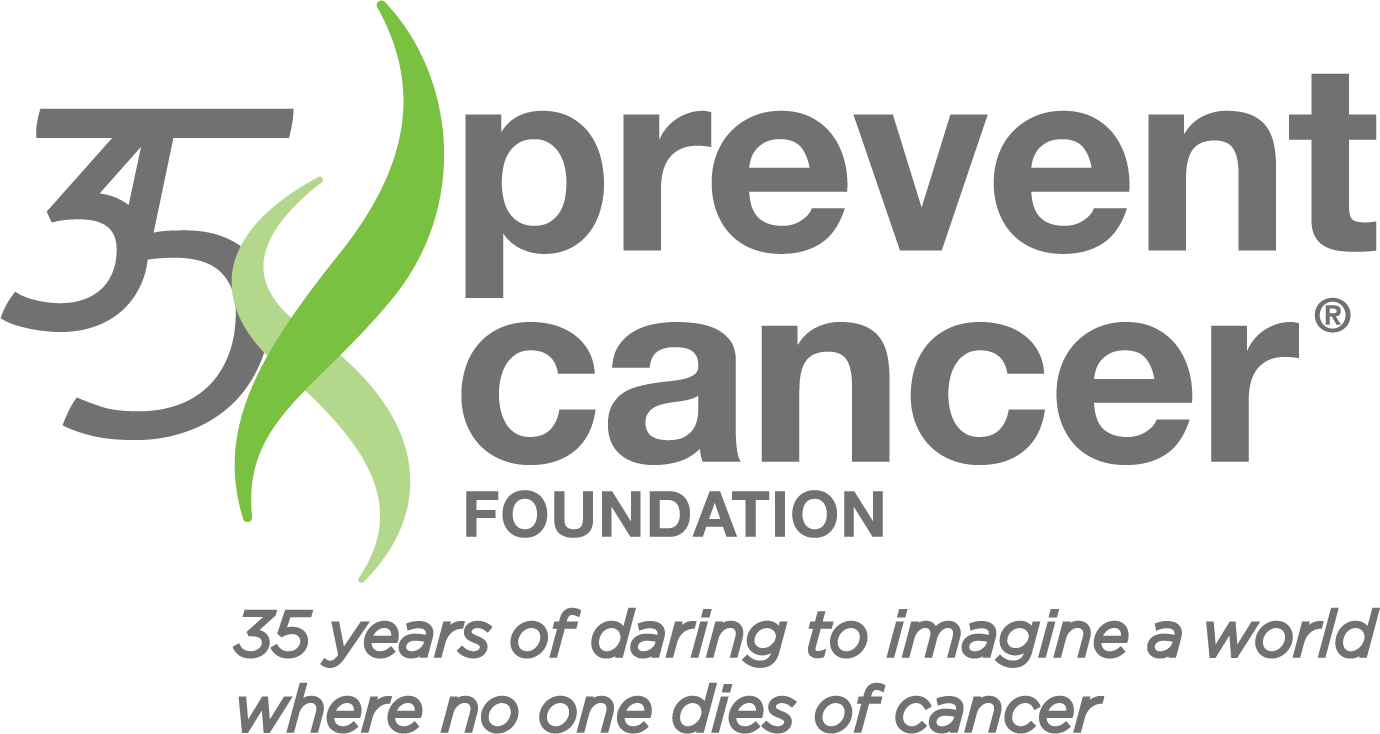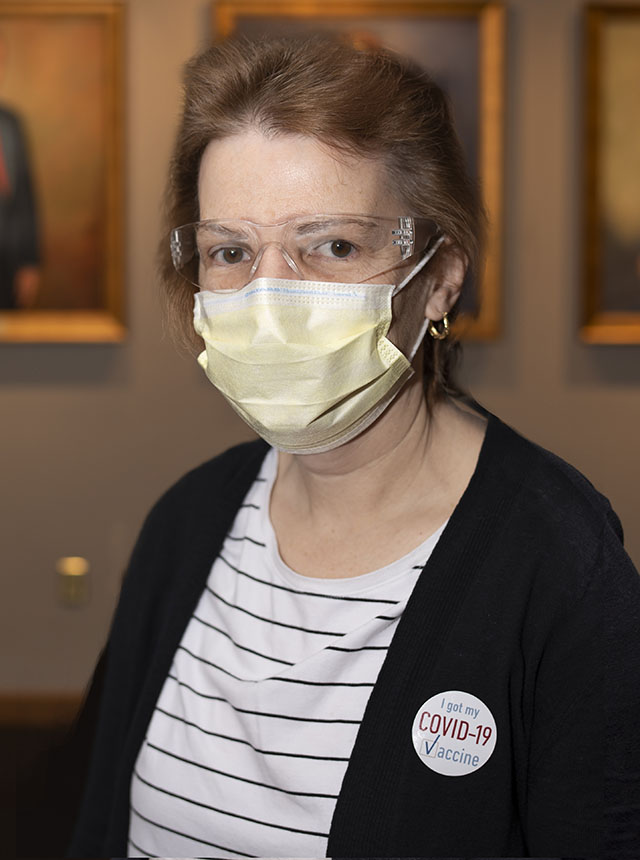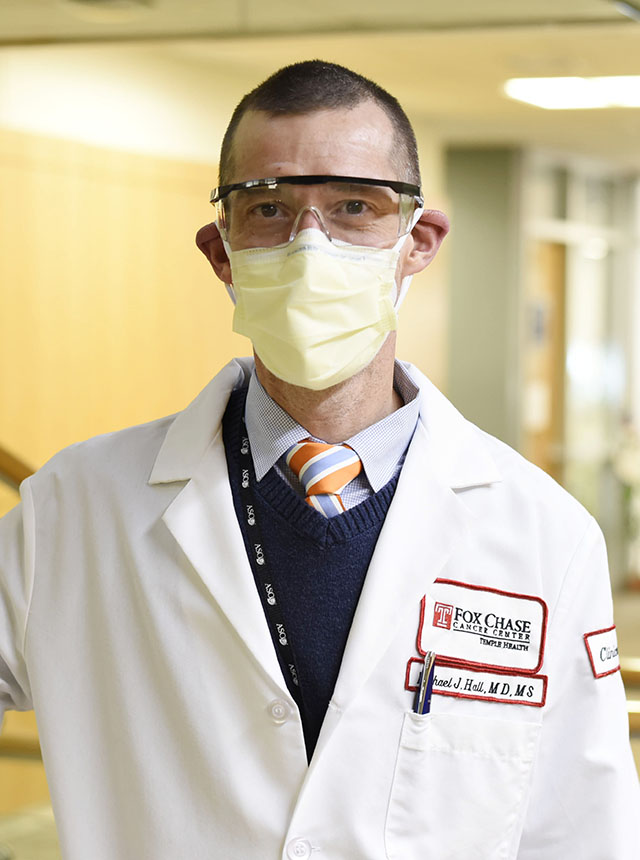PHILADELPHIA (March 3, 2021)—Margie L. Clapper, PhD, co-leader of Fox Chase Cancer Center’s Cancer Prevention and Control Program, has been awarded a grant by the Prevent Cancer Foundation to investigate the use of atorvastatin, also known by the brand name Lipitor, to prevent cancer in patients with Lynch syndrome. Clapper will be working with Michael J. Hall, MD, MS, co-leader of Fox Chase’s Cancer Prevention and Control Program, on the project.

Lynch syndrome is an inherited disorder that increases a patients’ risk of multiple types of cancer. Colorectal cancer is one of the most common in patients with this syndrome, with a lifetime risk of up to 80% in those with the genetic mutation.
“Many of these folks have lived through years of seeing parents and siblings develop one and sometimes many cancers, and this is terrifying,” said Hall. “If a once-a-day common medication like atorvastatin can help lower risk by even 20% or 30%, that’s well worth it for most of these folks.”
Currently the only cancer prevention regimen available to Lynch syndrome patients involves taking high doses of aspirin on a daily basis. However, as research has shown, aspirin, particularly when high doses are taken over a long period of time, can cause gastrointestinal bleeding and other high-risk side effects. Clapper and Hall believe atorvastatin can be a safer option.
Their study began with animal-based colon cancer research in Clapper’s lab. There they found that if, through colonoscopies, they first identified which mice had already developed polyps (i.e., precancerous growths), the researchers could tailor treatment to be more effective.


In animals that were polyp-free, atorvastatin showed a chemopreventive, antitumor effect. If the animal had a polyp, atorvastatin was only effective when combined with a nonsteroidal anti-inflammatory agent.
To advance this research and see whether atorvastatin with or without aspirin could help to prevent colon cancer in humans, Clapper has joined forces with Hall, who treats a large Lynch syndrome population.
“The beauty of this research is that it’s translational,” said Clapper. “You actually go from the bench to the bedside.”
The Lynch syndrome population is ideal for this study, because the researchers need individuals who are high-risk but have not yet developed polyps or tumors. Patients who elect to participate in the study are stratified based on the results of their routine colonoscopy. If they don’t have any abnormal growths, they are given atorvastatin for six weeks. If they are found to have a polyp or cancer, they are given a combination of atorvastatin and aspirin for the same length of time.
After six weeks, investigators will take colon biopsies to check for biomarkers, which are indicators in the tissues that the therapy is having an antitumor effect.
This study, “Impact of Atorvastatin With or Without Aspirin on Colorectal Biomarkers in Patients with Lynch Syndrome: A Pilot Study,” is currently in progress, with nearly 60% of the target population already enrolled. Funds will be used to assess the effectiveness of the drugs in colon tissue samples.
The resulting data are expected to accelerate the early stage development of a novel preventive option for patients who face a very high lifetime risk of colorectal cancer. The study’s goal is closely aligned with the Prevent Cancer Foundation’s vision to “Stop Cancer Before It Starts” using primary and secondary prevention strategies.
For more information about Fox Chase’s clinical trials, please call 215-214-1515 or visit the clinical trials section of our website.